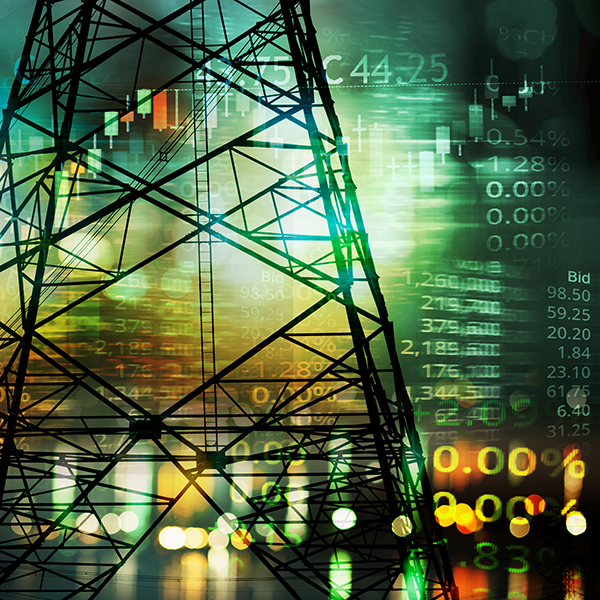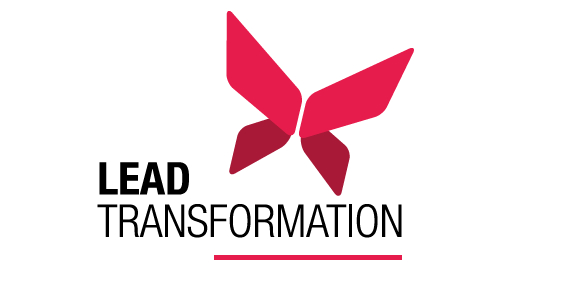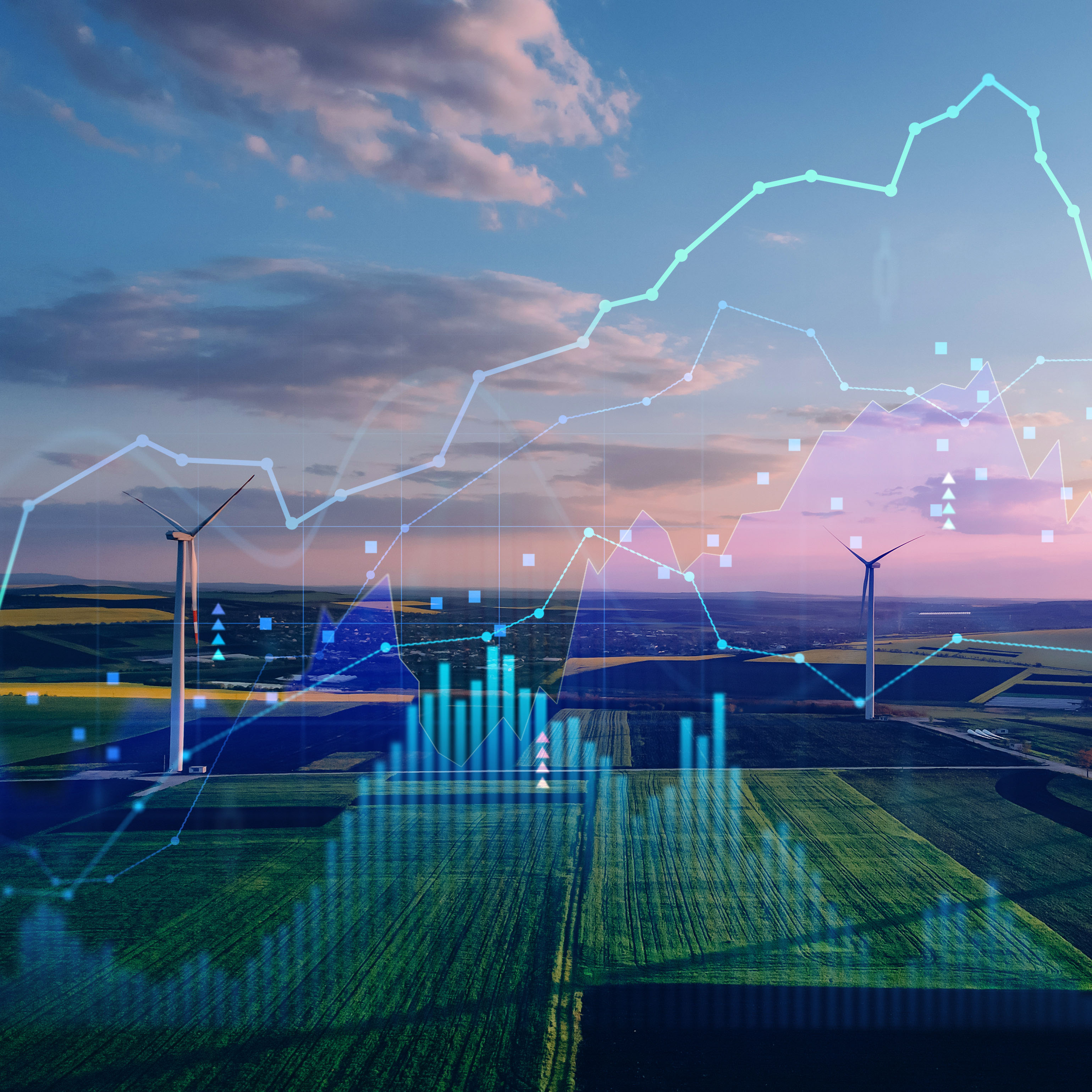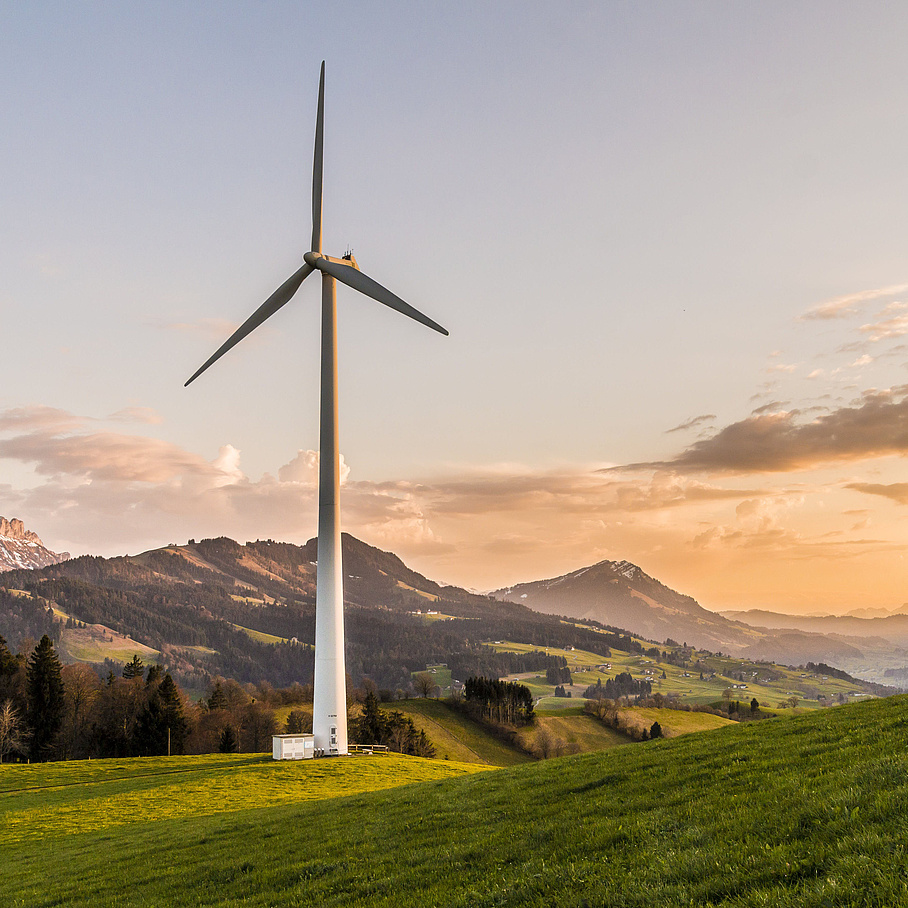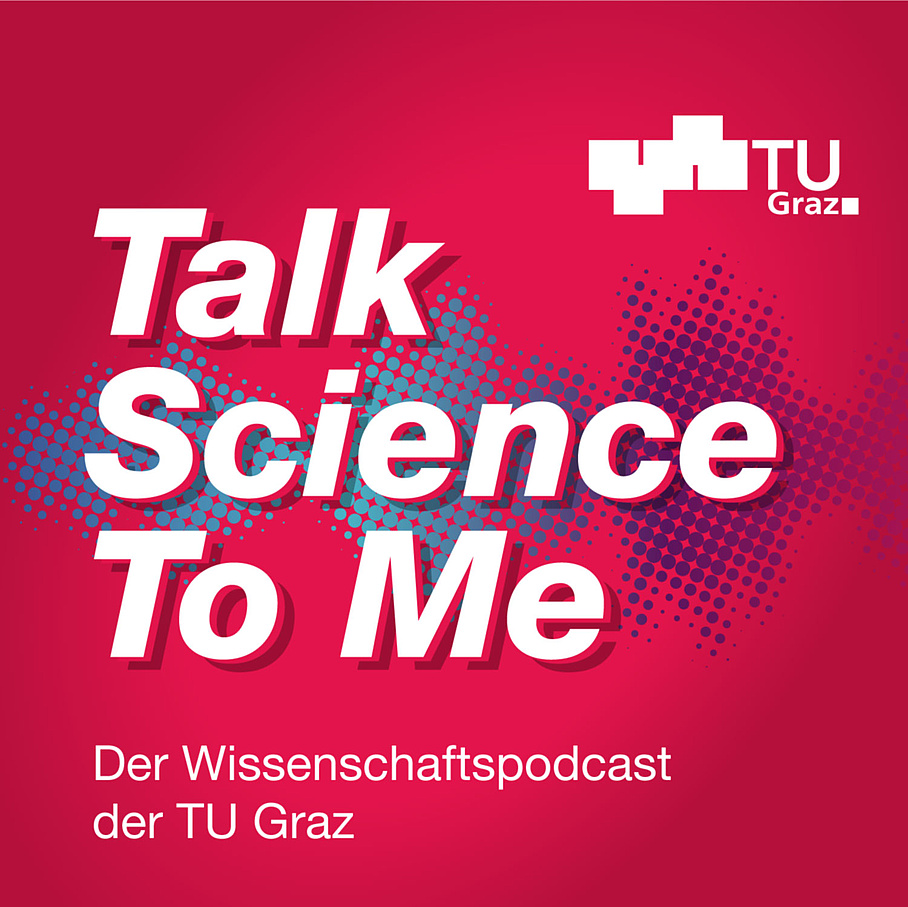Modules of the specialization
- Module: Future Integrated Energy Systems
- Module: Industrial Energy Systems Transformation
- Module: Energy Economics and Innovation
The modules can be booked individually or as a "Digitization & Energy Management" package. The participation fees per course/module are € 1,800.
Target groups
Professional and managerial staff
- of the power industry or the energy sector (state-owned and non-state-owned energy companies)
- of industrial companies as well as other sectors, who have to carry out energy management tasks in their company, e.g. Project managers and transformation project coordinators
- Technical, commercial and/or strategic decision-makers
- of public authorities and institutions involved in energy policy, energy research and the power industry
Counsellors
- All industries and sectors that have or want to direct their consulting focus toward the area of the (digital) energy revolution.
Alumni of the TU Graz university certificate programmes (certificate and master's degree programme)
- Hydropower
- Sustainable construction

Thomas KIENBERGER
Univ.-Prof. Dr.
Head of Chair of Energy Network Technology,
Head of NEFI_Lab, MU Leoben
Sonja WOGRIN
Univ.-Prof. DI Dr.
Head of Institute of Electricity Economics and Energy Innovation (IEE), TU Graz
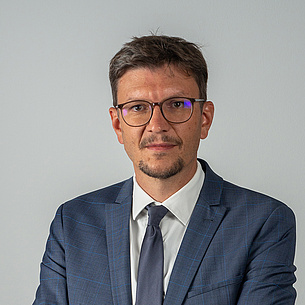
"The transformation of the energy system to achieve climate neutrality requires a massive increase in renewable resources, an increased flexibility, and greater energy efficiency efforts, as well as energy infrastructures that allow much stronger interactions among the energy sources than is the case today. This integrated, networked energy system of the future can neither be developed nor operated without digital technologies. As part of this specialization, we specifically focus on this fascinating field of tension between energy and digitalization topics."
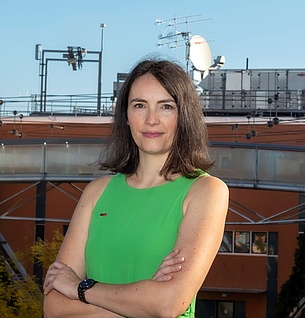
"As a society, climate neutrality presents us with unprecedented challenges of a technical, political and social nature. In order to really achieve this ambitious goal, our energy systems it must be transformed in ways that do not jeopardise the security of their supply or their economic viability. The development of digital twins of our energy systems is a critical aspect of active and successful energy management, whether this is on a small, private scale or on a system-wide level. Therefore, techno-economic analyses represent a key element for the development of future and the evaluation of existing business opportunities."

Contact
Helmut ASCHBACHER
Dr.
TU Graz Life Long Learning
Phone: +43 316 873 4943
helmut.aschbacher@tugraz.at
